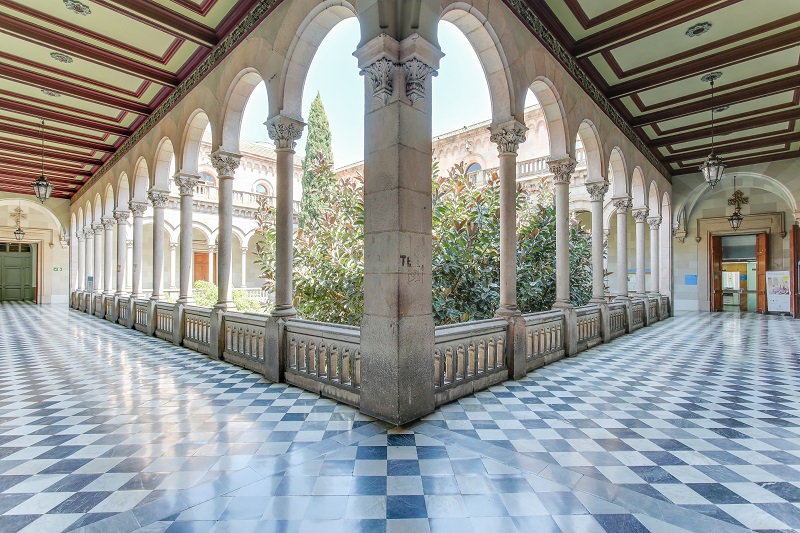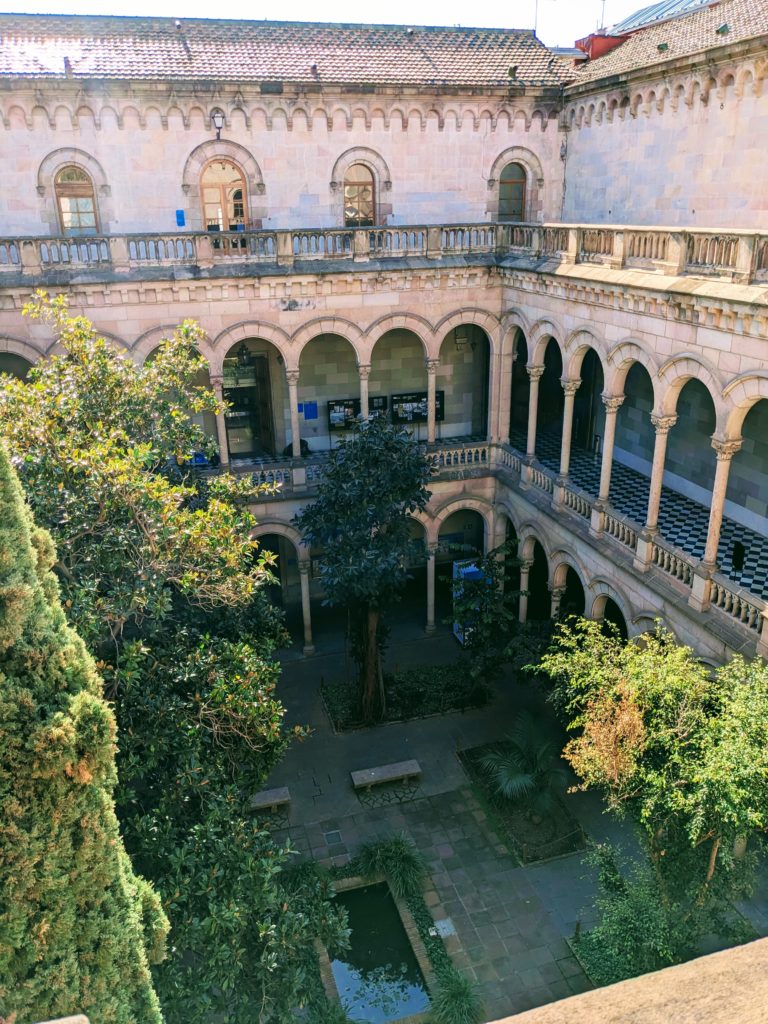This will be a talk 15 March 2023 for the Mathematics Department of the University of Barcelona, organized jointly with the Set Theory Seminar.

Abstract. According to the math tea argument, perhaps heard at a good afternoon tea,
there must be some real numbers that we can neither describe nor define, since there
are uncountably many real numbers, but only countably many definitions. Is it correct?
In this talk, I shall discuss the phenomenon of pointwise definable structures in
mathematics, structures in which every object has a property that only it exhibits. A
mathematical structure is Leibnizian, in contrast, if any pair of distinct objects in it
exhibit different properties. Is there a Leibnizian structure with no definable elements?
We shall discuss many interesting elementary examples, eventually working up to the
proof that every countable model of set theory has a pointwise definable extension, in
which every mathematical object is definable, including every real number, every
function, every set. We shall discuss the relevance for the math tea argument.





